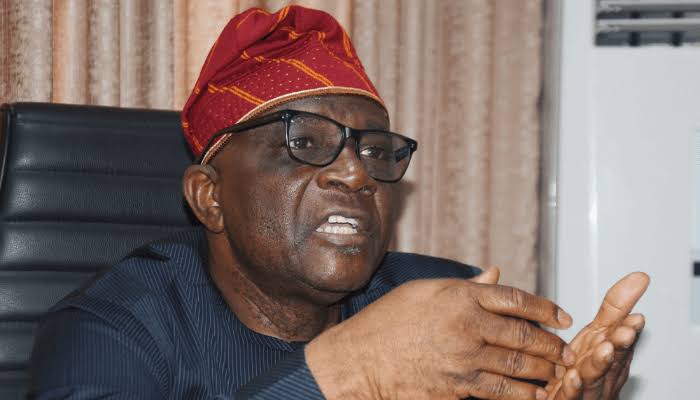The presidency has revealed that former president Obasanjo’s record does not present him as an ideal leader to emulate.
In a pointed statement, the Nigerian presidency expressed strong disapproval of former President Olusegun Obasanjo’s recent remarks on leadership.
The former president’s comments, delivered at the Chinua Achebe Leadership Forum at Yale University, included sharp critiques of past and current administrations, leading the presidency to respond critically to his assertions.
During his speech, Obasanjo attributed various national challenges to those who led after his tenure and suggested Nigeria is on the path to becoming a failing state.
The presidency, however, dismissed his stance, alleging that Obasanjo’s leadership history was marked by numerous political and economic missteps.
These, they claim, contributed to ongoing issues that subsequent administrations, including those of Muhammadu Buhari and Bola Tinubu, have been working to address.
The statement further argued that Obasanjo’s record in office included instances of constitutional violations, questionable economic decisions, and insufficient investment in essential infrastructure, education, and security.
The presidency pointed to several episodes during his rule, such as the impeachment of governors by minority legislators and attempts to secure a controversial third term.
Obasanjo’s privatization efforts, which sold state assets at significantly low values, were also criticized, as well as his administration’s large-scale expenditure on electricity projects that yielded minimal improvements in power supply.
The presidency also noted that insecurity in Nigeria, a longstanding issue, originated during Obasanjo’s administration, citing the rise of militancy in the Niger Delta and the early presence of Boko Haram.
Responding to Obasanjo’s praise for his government’s payment of Nigeria’s debt to the Paris Club, the presidency contended that such funds could have been better spent on neglected infrastructure projects.
They added that Obasanjo’s alleged involvement in scandals, including the misuse of public funds, weakens his position as a model of integrity in governance.
The presidency concluded by advising Obasanjo to focus on reflecting upon his own leadership decisions and missed opportunities rather than offering criticisms of others.
They emphasized that the current administration remains committed to addressing the challenges the country faces today.


